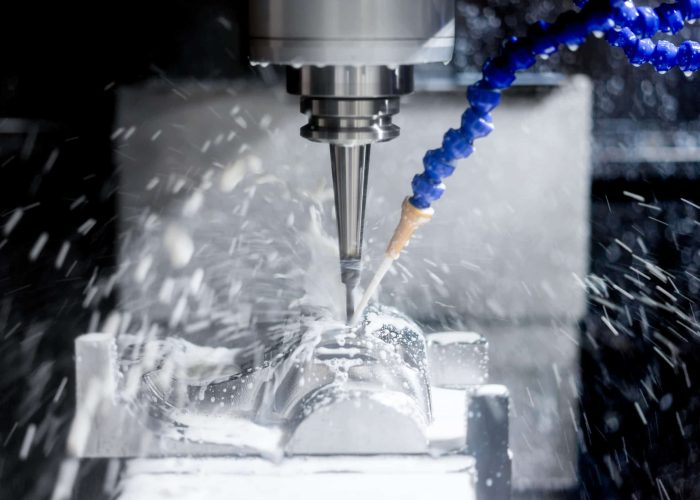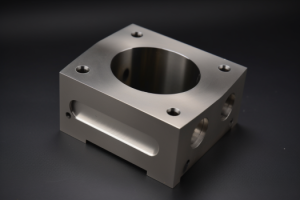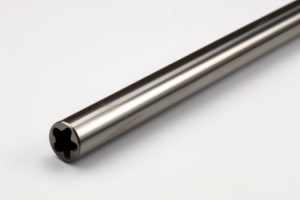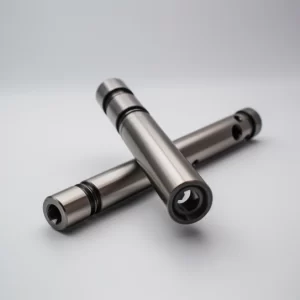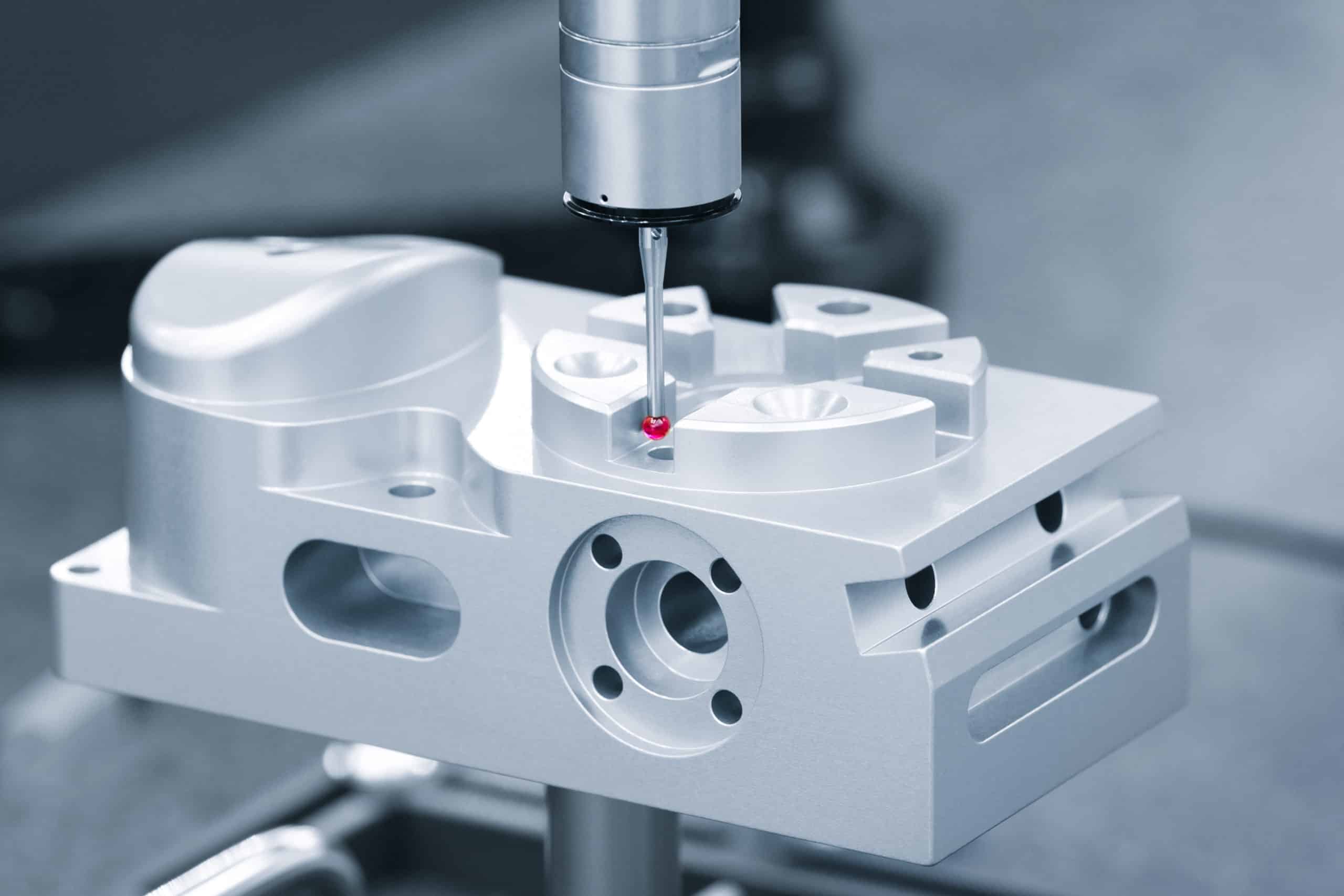The article will explain the importance of machinability, how it’s measured, and how it affects surface finishing, cutting speed, and tool life.
Table of Contents
What is Machinability?
Machinability is the ability of a material to be machined, drilled, and milled. The term refers to how easily a material can be shaped into required forms using cutting tools such as drill bits, end mills, and turning tools. Materials with higher machinability generally require less effort and cost to shape than materials with lower machinability.
What Factors Affect Machinability?
Regarding CNC machining and sheet metal fabrication, several factors can impact the process of Machinability. These factors include material hardness, composition, surface condition, thermal conductivity, grain structure, residual stresses, and lubrication.
- Material hardness affects Machinability because it directly impacts the wear rate of cutting tools. More complex material means more force is needed to cut through, resulting in a higher tool wear rate. The result can cause premature tool failure and reduce the overall quality of the machined part.
- Composition is also an essential factor that affects Machinability. Different alloy elements and their percentages affect how a cutting tool interacts with a workpiece. Some alloys require much higher cutting force, resulting in higher wear rates and longer machining times.
- The surface condition of the material being worked on is another factor that can significantly impact Machinability. Scratches or deformities on the surface could cause undue friction between the tool and workpiece, resulting in an increased wear rate for the tools and more time spent on machining operations.
- Thermal conductivity is also critical in Machinability because it affects how quickly heat flows from the cutting location to other workpiece areas. Poorly conducting materials require longer machining times and increased wear rates of the cutting tools.
- Grain structure is another factor that can influence Machinability. The finer the grain structure, the more securely it holds onto the cutting tool, resulting in a slower cut rate and longer machining times.
- Residual stresses and lubrication are two additional factors that can impact Machinability. Residual stresses increase friction between the cutting tool and workpiece, resulting in higher tool wear rates, while low-quality or insufficient lubricants cause similar problems. By ensuring these elements apply, CNC machining and sheet metal fabrication operations will run smoothly and efficiently.
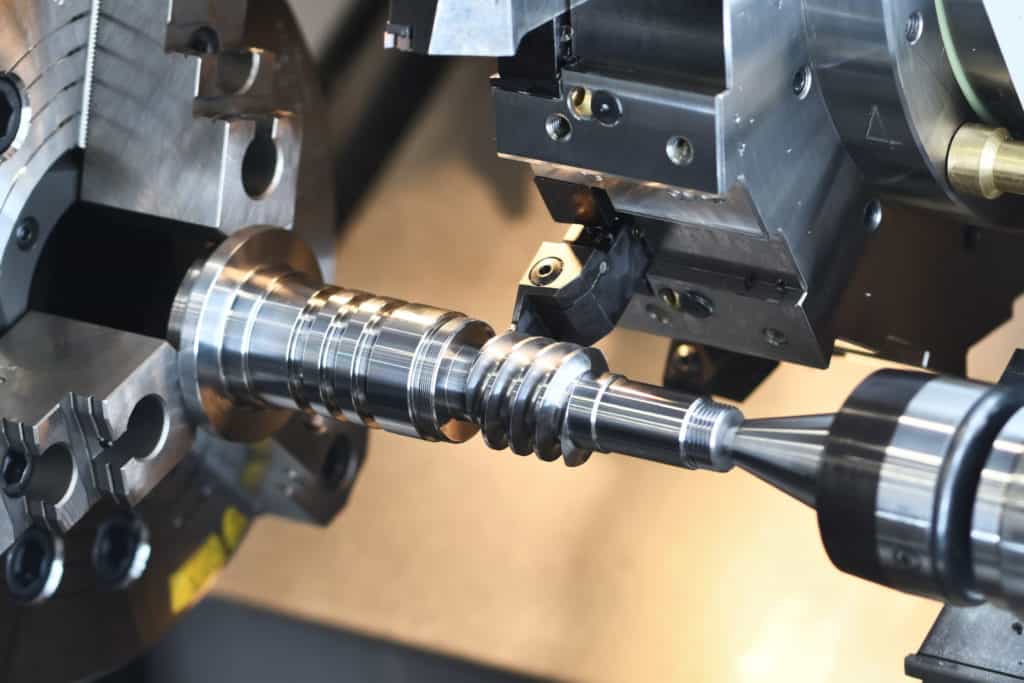
Good Machinability Materials
When considering CNC machining and sheet metal fabrication, the material used to create your finished product substantially influences its eventual Machinability. Suitable Machinability Materials have good strength, wear resistance, and low friction between cutting tools and materials. The process is vital for creating high-quality parts with maximum efficiency.
Some suitable Machinability Materials include aluminum alloys, Inconel, brass, copper alloys, and other specialty metals like titanium or magnesium. These metals can be used in CNC machining and sheet metal fabrication processes to create precision parts with great accuracy.
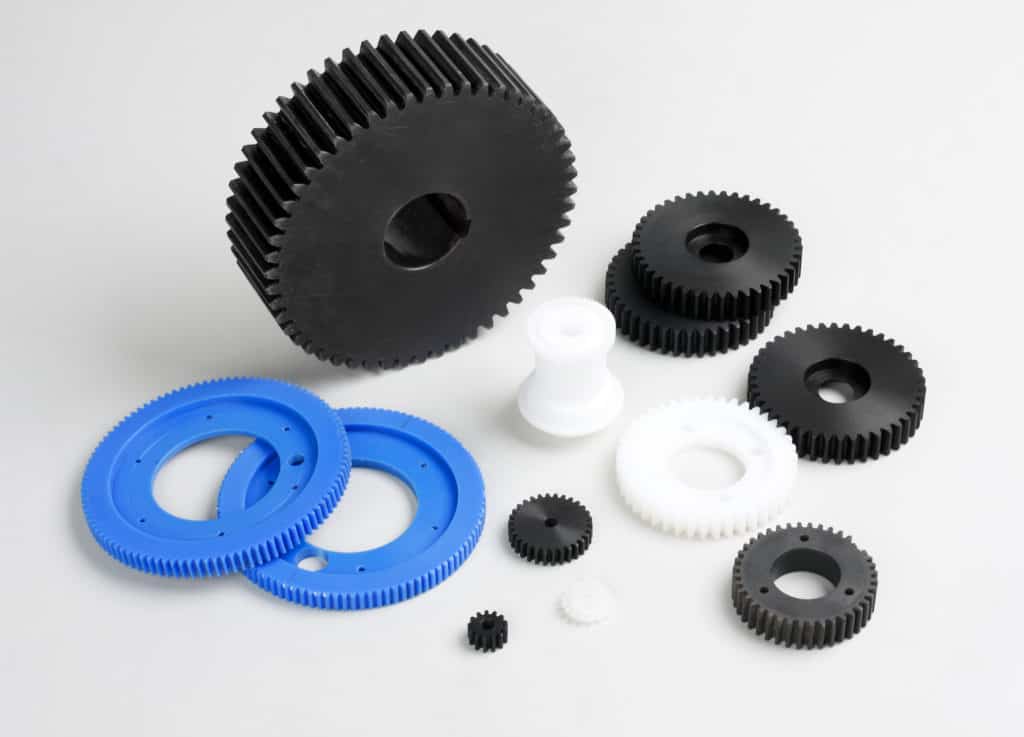
Poor Machinability Materials
Poor Machinability Materials are materials with insufficient hardness, strength, and wear resistance, making them difficult to machine.
An example of a poor machinability material is titanium. Titanium tends to be brittle, and it is difficult to cut without causing cracking or chipping. It also requires coolant when cutting or drilling, as heat can cause the material to become brittle. Cutting titanium causes rapid tool wear due to its low thermal conductivity. Machining titanium requires specialized tools and techniques to avoid damaging the fabric.
How to Improve Machinability?
- Optimizing processes for improved Machinability.
Mechability refers to the ability of a material to be machined/cut into a desired shape or form using CNC machining, sheet metal fabrication, or other methods. Maximizing the quality of components produced is possible by carefully choosing the right tools and techniques and working with experienced professionals to optimize the machining process.
Optimizing your parts to improve their machinability rate with the right optimization strategies can help you build high-quality parts. Ultimately, when looking to enhance your machinability rate, you should create well-thought-out processes specifically designed for your individual needs while also considering cost-efficiency. The proper steps can ensure your CNC machining or sheet metal fabrication project runs smoothly.
2. Select the appropriate material
To make choosing the suitable material for your specific application easier, consider these factors: tooling, cost, availability, strength, fatigue resistance, thermal stability, corrosion resistance, and environmental conditions.
Some materials require special tools and methods to create what is needed. For example, aluminum alloys can be CNC machined, but they often need diamond-tipped cutting tools because they quickly change shape. In contrast, stainless steel is more complex, which means it takes longer to machine and is more expensive. Meanwhile, some materials may need to be found in a particular place or may be difficult to find at a reasonable price.
Strength and fatigue resistance are also important considerations when selecting machinable materials. These properties depend on the material’s composition depending on the application. For example, steel alloys typically have greater strength than aluminum but suffer higher fatigue rates due to weight.
Thermal stability and corrosion resistance should also be weighed when deciding on the best machinable material for a project. Steel is generally resistant to extreme temperatures and can hold up against most corrosive environments; however, stainless steel has an even higher thermal stability and corrosion resistance. Copper alloys provide excellent corrosion resistance but need to be better suited for CNC machining due to their softness.
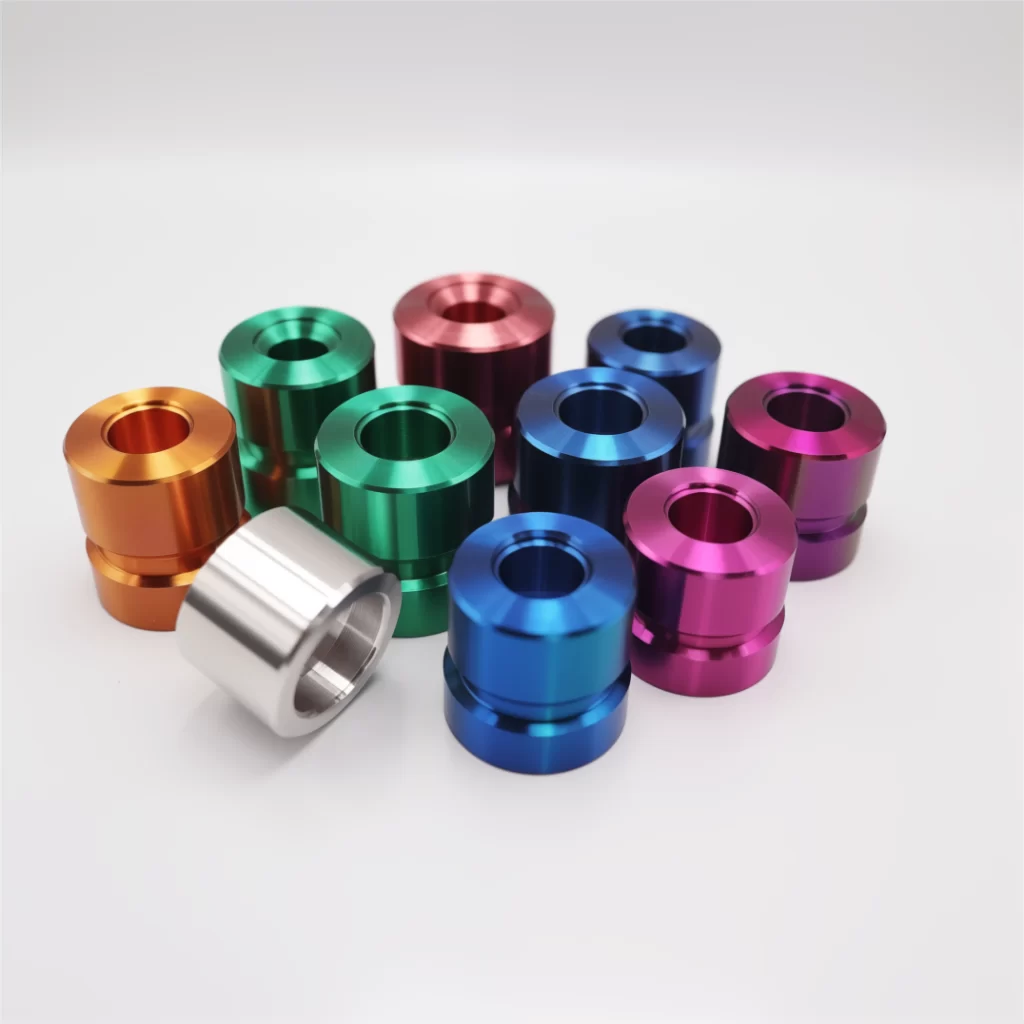
CNC Machining & Machinability
Machinability is an essential concept in CNC machining; it measures how easily a material can be cut, drilled, milled, or shaped using CNC machines. This factor almost always affects the cost and time associated with CNC machining.
The more complex the material is to a device, the longer it takes and the higher the price. Material selection, therefore, dramatically impacts CNC machining costs and timelines.
A more readily machinable material means CNC machines will have an easier time creating those shapes, leading to faster production times at lower prices. Conversely, less readily machinable materials will take longer and cost more.
Sheet metal fabrication & Machinability
Sheet metal fabrication is another process that can benefit from understanding Machinability. Sheet metal fabrication involves cutting, bending, forming, and finishing sheet metal to create an end product that has been customized.
As with CNC machining, material selection significantly impacts the time and cost of sheet metal fabrication jobs. Selecting a more machinable type of sheet metal can lead to shorter production times and lower client costs. It’s essential to understand the properties of different materials when selecting one for CNC machining or sheet metal fabrication, as this will directly impact the finished product.
Understanding how CNC machines interact with other materials is vital to making the suitable CNC machining and sheet metal fabrication decisions. Knowing which materials are more or less machinable can help you make smarter choices regarding CNC machining costs and timelines. Moreover, this knowledge can save money on CNC machining and sheet metal fabrication jobs in the long run.
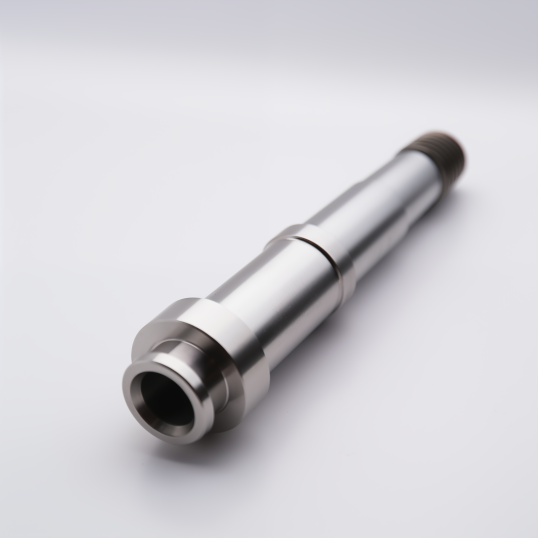
How to Improve Machinability?
Machinability is the ability of a material to be machined/cut into a desired shape or form. This process can involve CNC machining, sheet metal fabrication, and other methods. Optimizing the machining process by carefully selecting the right tools and techniques and working with experienced professionals makes it possible to increase the quality of components produced while minimizing wastage and cutting costs.
With proper optimization strategies tailored towards your needs, you can ensure that you have high-quality parts with an improved machinability rate. Ultimately, when looking for ways to improve your machinability rate, you should focus on creating well-thought-out processes explicitly designed for your individual needs while also considering cost-efficiency.
By taking the proper steps, you can ensure that your CNC machining or sheet metal fabrication projects are done efficiently and on time every time.
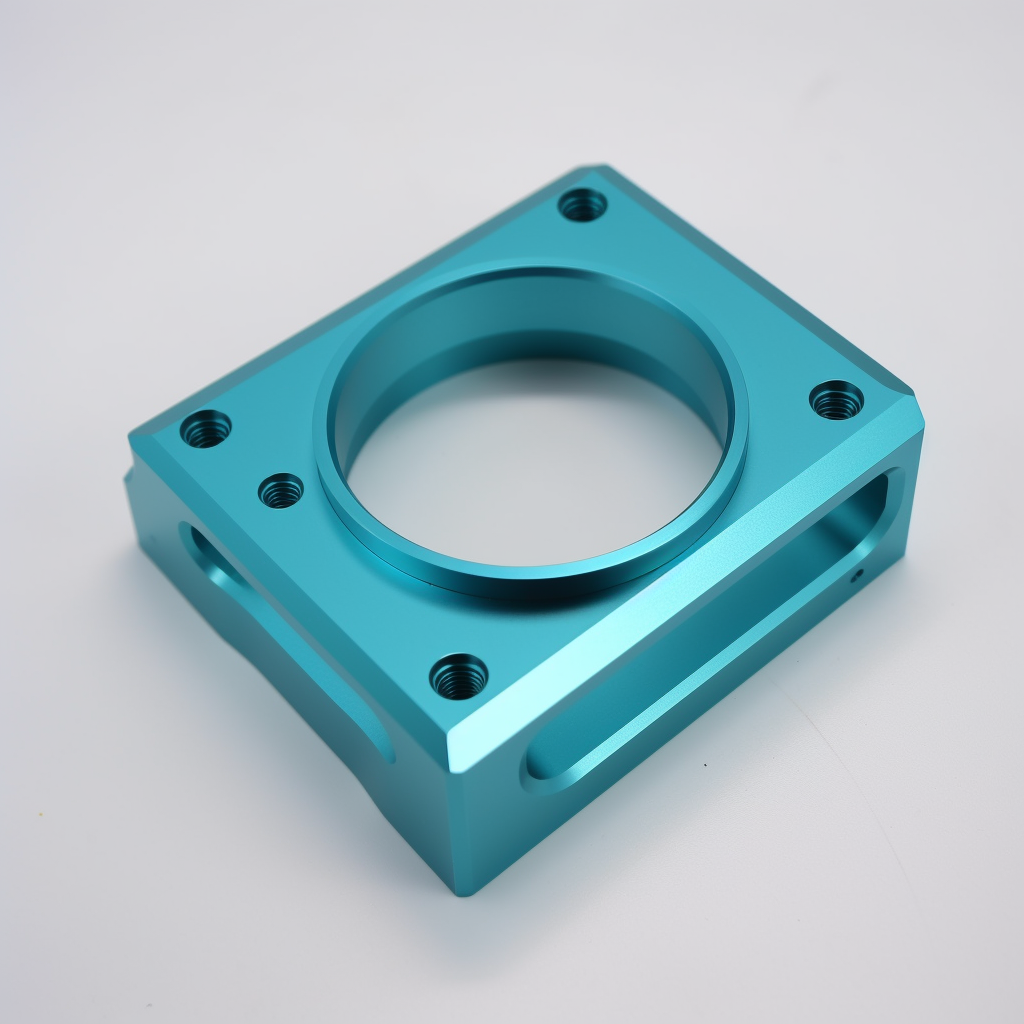
Conclusion
Machinability helps you make informed decisions about the materials used in your project and enables you to get the best results from your CNC machines and sheet metal fabrications. With this knowledge, selecting the suitable material for CNC machining or sheet metal fabrication becomes more accessible and precise. Ultimately, considering machinability when designing a project can help ensure it meets its full potential.
FAQs
Machinability is measured using a variety of indicators such as cutting speed, tool life, surface finish, the amount of power used, etc. Generally speaking, the higher the machinability rating for a particular material, the faster and easier it is to machine with that material.
The best machinability ratings typically apply to softer materials such as aluminum or brass. These materials are more accessible to machines since they require less power and lower cutting speeds. Materials with higher hardnesses, like steel, typically have lower machinability ratings due to their resistance to cutting forces. Generally, a material with a machinability rating of around 100 would be considered “good.” Ratings higher than this would be excellent, while ratings lower than 100 would indicate the material is less-than-ideal for machining.
Many factors can influence a material’s machinability, including its chemical composition, physical properties such as hardness and ductility, workpiece size and shape, tool geometry, cutting speed, and feed rate. Additionally, the lubricants used during machining can affect machinability by cooling and reducing friction.
Machinability is how easy it is to use machines on a material, while formability measures how easily a material can be shaped or molded into different forms. Generally speaking, materials that are easy to machine also have good formability. However, there are some exceptions – for example, certain alloys may be relatively soft and easy to machine but not necessarily malleable or ductile and, therefore, do not have good formability. Conversely, metals such as titanium may have outstanding formability but can be difficult to machine due to their hardness.
Materials such as aluminum, brass, and copper are soft metals with high machinability ratings. These materials require less power and lower cutting speeds to machine, making them some of the best choices for applications requiring easy machining operations. Styl steel is known for its good machinability properties while remaining solid and durable enough for many industrial applications.
